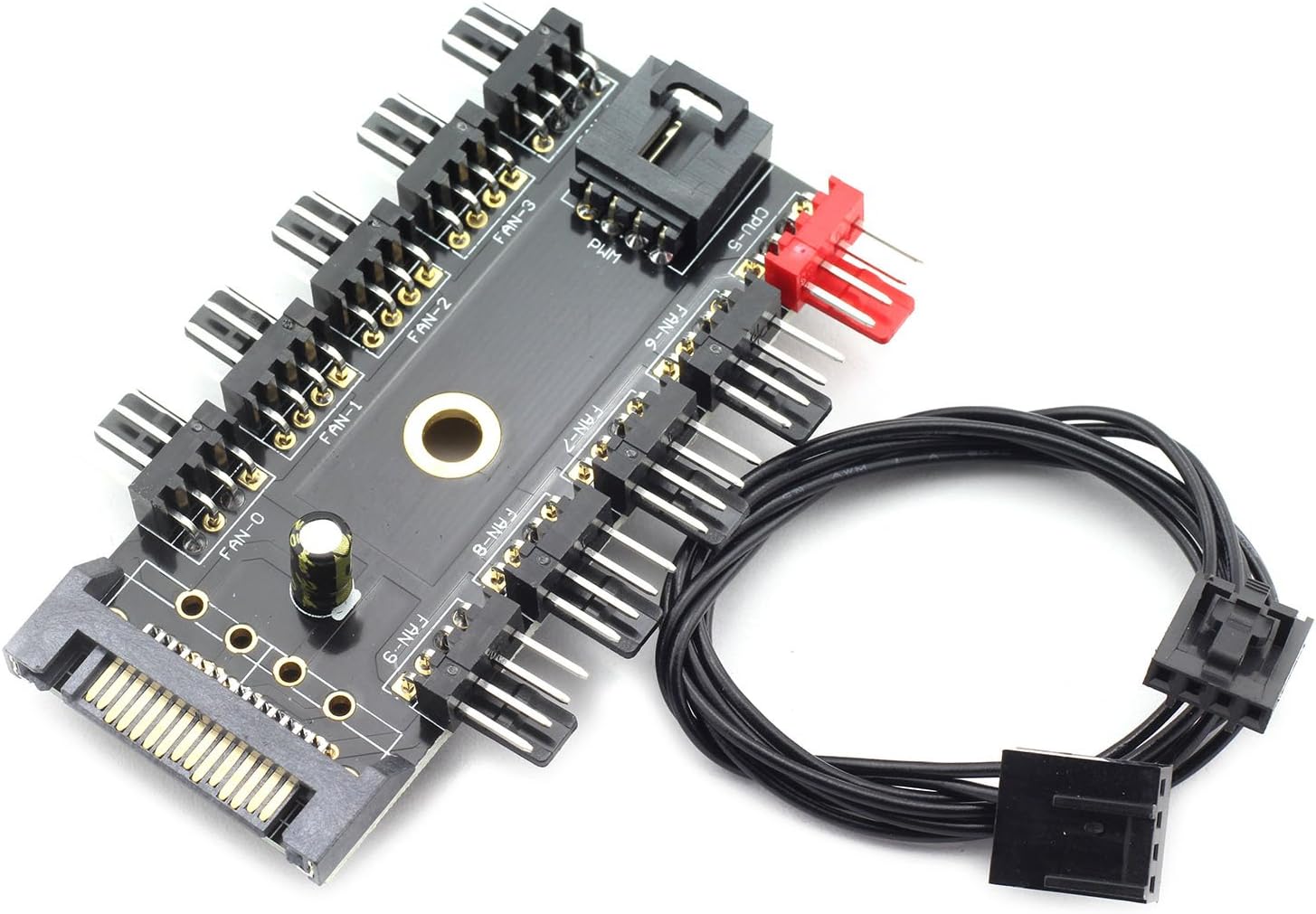Oooooooooookay.
So, the fans on my PC keep just... shutting off. All of them at once. In fact it happened about 30 seconds before I started typing this, and that's the second time it's happened. The previous time, after I saw it happen I shut the thing down, and then turned it back on, to see if that would work. It appeared to. They stayed on for about 15 minutes. But now they're off again. The machine is still functioning for me to type this, of course, but... I'm not sure what it'd do if I tried to do more.
The RGB lights on the fans are also off. The other RGB lights (like on the RAM sticks) are still on.
Er... so, does anyone have any thoughts on this? What might it be, what should I look for or check for? What should I do?
This thing is brand new and has had very little installed on it. I'm running a virus scan currently just in case but I suspect this will find nothing.
And yeah, I realize it only just started doing this... it's not like it's been doing it over time for a month or something... but I'd rather tackle the problem now before it does any damage.
So, the fans on my PC keep just... shutting off. All of them at once. In fact it happened about 30 seconds before I started typing this, and that's the second time it's happened. The previous time, after I saw it happen I shut the thing down, and then turned it back on, to see if that would work. It appeared to. They stayed on for about 15 minutes. But now they're off again. The machine is still functioning for me to type this, of course, but... I'm not sure what it'd do if I tried to do more.
The RGB lights on the fans are also off. The other RGB lights (like on the RAM sticks) are still on.
Er... so, does anyone have any thoughts on this? What might it be, what should I look for or check for? What should I do?
This thing is brand new and has had very little installed on it. I'm running a virus scan currently just in case but I suspect this will find nothing.
And yeah, I realize it only just started doing this... it's not like it's been doing it over time for a month or something... but I'd rather tackle the problem now before it does any damage.

